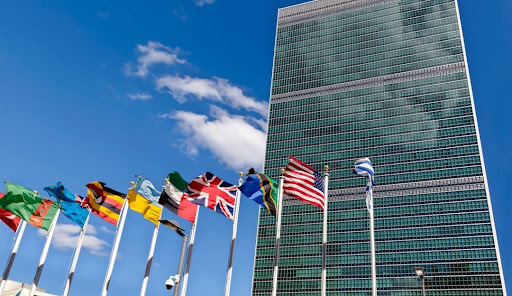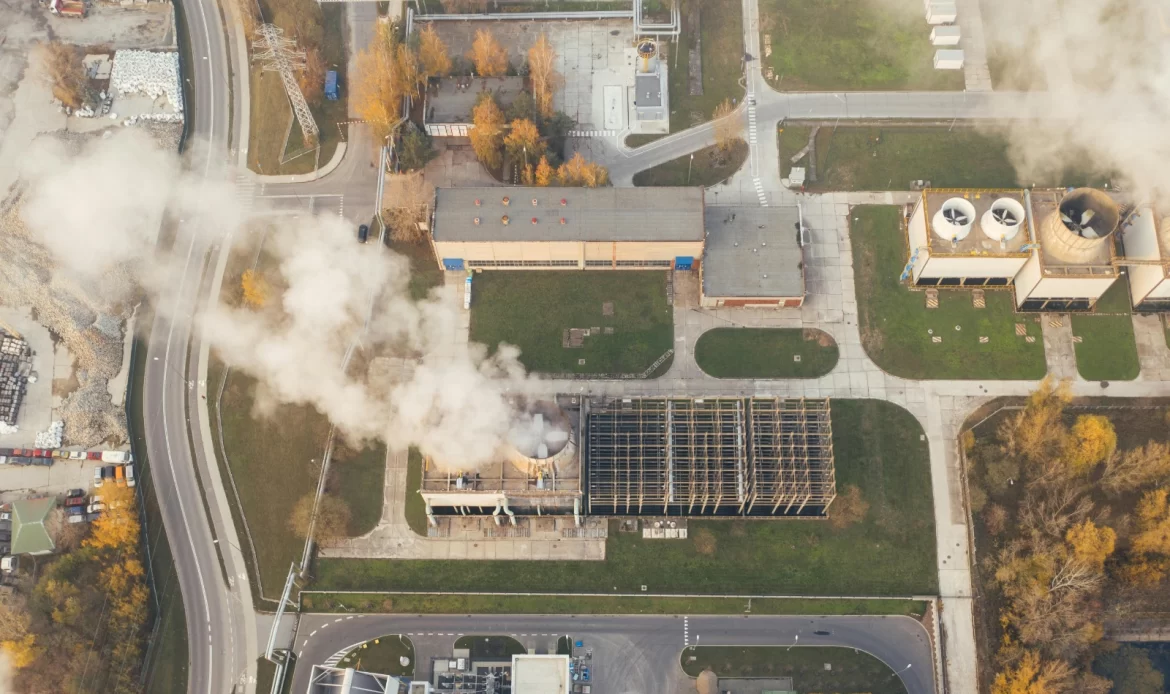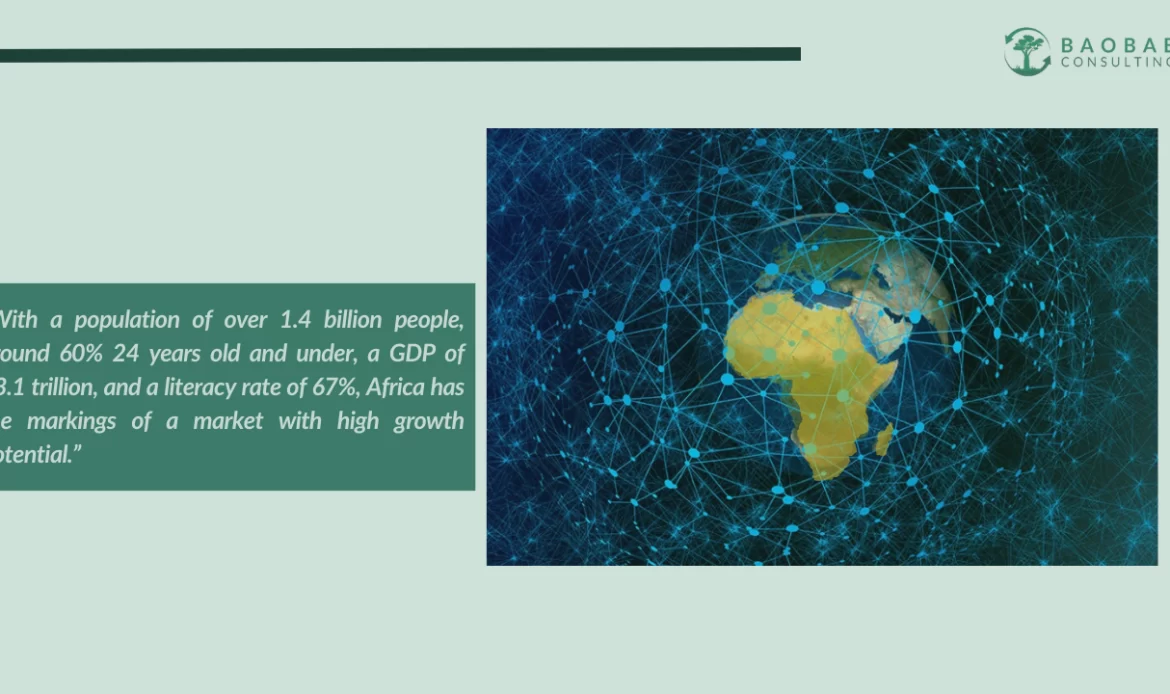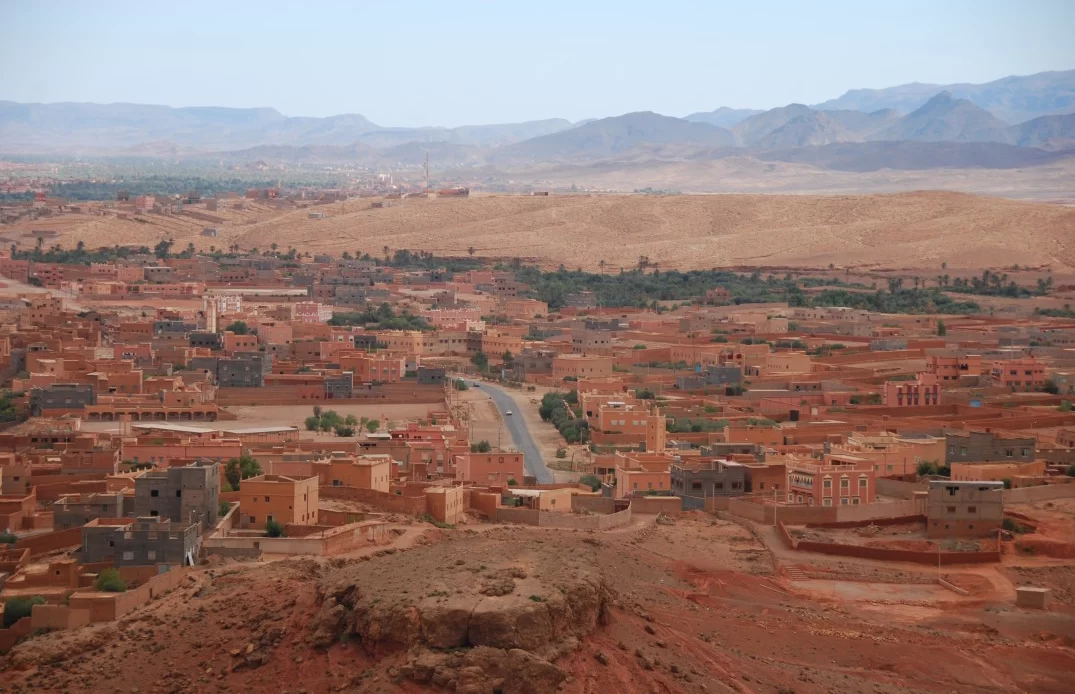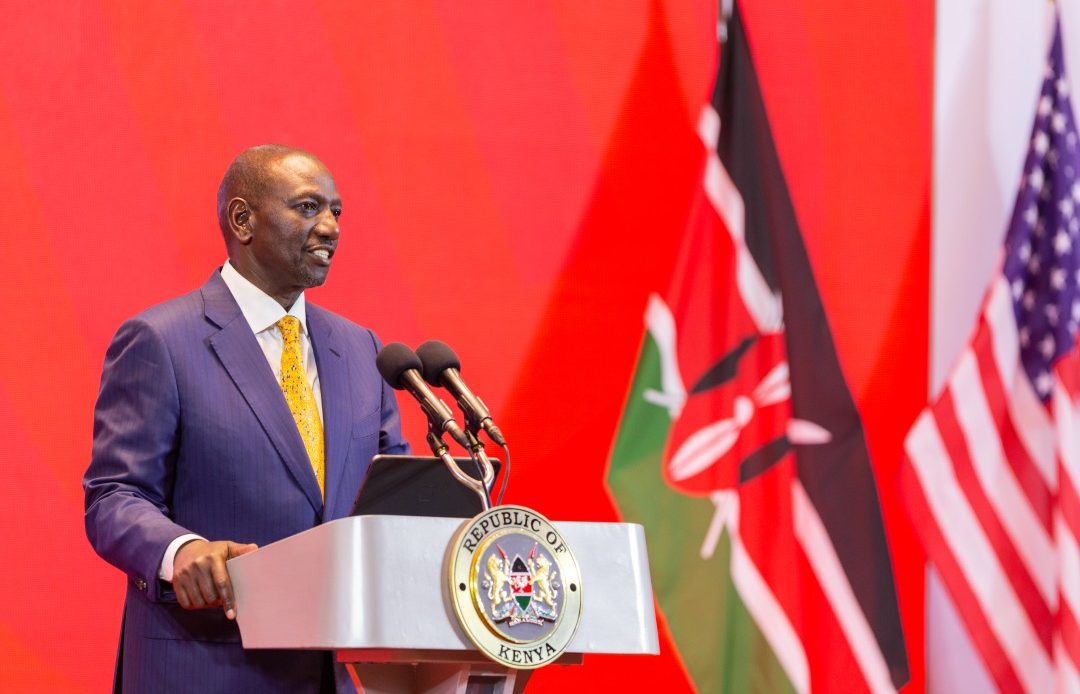Africa Outperforming the West in Managing COVID-19
With many success stories coming out on the African response to COVID-19, it is clear that the pandemic has the possibility to craft Africa’s narrative as one of success, innovation and power. In a recent article in the New Yorker, Jina Moore highlights some of the reasons why African countries are outperforming the West in many disaster response techniques. If African governments relied on science and numbers removed from their cultural and institutional context to make decisions, the problem would have been much worse. John Nkengasong, the director of the Africa Centre for Disease Control and Prevention, explains. “Countries were shutting down and declaring states of emergency when no or single cases were reported. We have evidence to show that that helped a lot.” If the virus had followed the same trajectory in Africa as in the West, most African countries would have seen explosive transmission rates by now. “One of the reasons things got so out of control in the U.S. and Europe is that for us, epidemics are something that happen elsewhere,” states Jeffrey Sachs, a professor at Columbia University and an adviser on global health and poverty to dozens of governments. “Africa and Asia, by contrast, know that epidemics can hit home and hit hard.” In particular, one country doing extremely well in its COVID-19 response is Senegal.
Senegal in Historical and Cultural Context
If you look at Senegal’s history, this should come as no surprise, as the country has consistently been a beacon of stability and progress in West Africa. Through a peaceful transition to independence in 1960 and its first President Leopold Sedar Senghor leaving office voluntarily after 20 years, Senegal has never seen a military coup. While it is majority Muslim, many religions find a peaceful home in Senegal, and the spirit of Teranga (Wolof word for hospitality) allows people from all nations to live happily. It is this stable environment that has attracted so many international organizations and major media outlets to build their regional or continental headquarters in the capital Dakar. Senegal routinely receives positive press in the New York Times, Washington Post, The Guardian, NPR and more.
Senegal’s Emergency Public Health Infrastructure
One of the key reasons Senegal has been successful in the fight against COVID-19 is because they maintained the infrastructure and training that had been put in place during Ebola. Senegal had one of the most swift and successful responses to the Ebola Outbreak in 2014. Despite the fact that they only had one case, who entered overland from neighboring Guinea and made his way to Dakar, Senegal immediately rolled out their plan, led by Health Minister Awa Colle Seck, and immediately contained the outbreak. Senegal only had one case, while neighboring Guinea had over 3,000.
In 2014, the government created the Center for Emergency Health Operations in Dakar (COUS), and have spent the past 5 years training its staff and conducting simulations for potential outbreaks.
On January 10, 2020 when COUS got a notification through their networks about the severity of the coronavirus outbreak in China, they immediately began preparing and staying abreast of news about the virus. On March 2, when the first case of COVID-19 was detected in Senegal — a French national who had just travelled from Paris — the state swiftly initiated the contact tracing procedures at 78 district health centers, supported by the Red Cross and the World Health Organization but led by local staff. By March 23, a state of emergency was declared, international airports were closed and a curfew was instated. Travel between cities was also restricted. By May, the budget for Senegal’s response was $160 million.
Senegal’s Major Wins and Takeaway Lessons in the Fight Against COVID-19
Above all, Senegal has done an exceptional job adapting lessons learned from abroad to the realities and the needs of the country. The most well-known example from the viral Al Jazeera segment is their rapid development of a $1 test kit. Another example has been the commitment to providing one hospital bed per patient. Seeing other countries encouraging sick people to stay home, Senegalese authorities quickly understood that it would be impossible to socially isolate sick people in households. At the start of the outbreak, there were only 86 ICU beds in public health facilities, and now they have added over 2000 more.
Furthermore, understanding that there may be economic limitations for people who have been in contact with patients, the government provided those exposed to the virus with hotel rooms and meals to encourage them to self quarantine. To help the working poor during confinement, President Macky Sall announced an Economic and Social Resilience Program to pay the electricity bills of 975,522 households for six months and purchase food for one million eligible households. As a result of these programs, Senegal, a country of 16 million people, has had only 39 deaths (to date) and the government has sent condolences to each of their families.
It is clear that Senegal has several lessons to offer the world when it comes to navigating not only COVID-19, but also the post pandemic normal. Two lessons particularly stand out. Firstly, countries should build on and maintain infrastructure put in place during past crises. When the World Health Organization in Africa recommended that each country set up an emergency operations center, Senegal already had COUS. Secondly, countries should monitor global trends and news, but be prepared to adapt it quickly to their realities at home.
Recognizing Senegal as a Global Powerhouse
Senegal has always been vital in shifting Africa’s narrative away from instability. Now more than ever it is clear that the country is ready to take its deserved seat as a global powerhouse. At the diplomatic level, Senegal leads conversations surrounding peace and security, investments, and global affairs. The country is investing heavily in its infrastructure, such as the new airport in Diass, to welcome new opportunities for investments, tourism, and business. The Senegalese diaspora around the world are investing back home, bringing their knowledge and global networks to work with them. And to top it off, Senegal boasts an active youth with a hunger for innovation, digital communications and technology, as demonstrated by students inventing medical robots from the Ecole Superieure Polytechnique in Dakar.
How countries react to this crisis, and how the world views those reactions, will dictate its path forward in the post-COVID era. Baobab Consulting believes that Senegal’s response to COVID-19 deserves to go down in history as among the best, not only in Africa but in the world.

